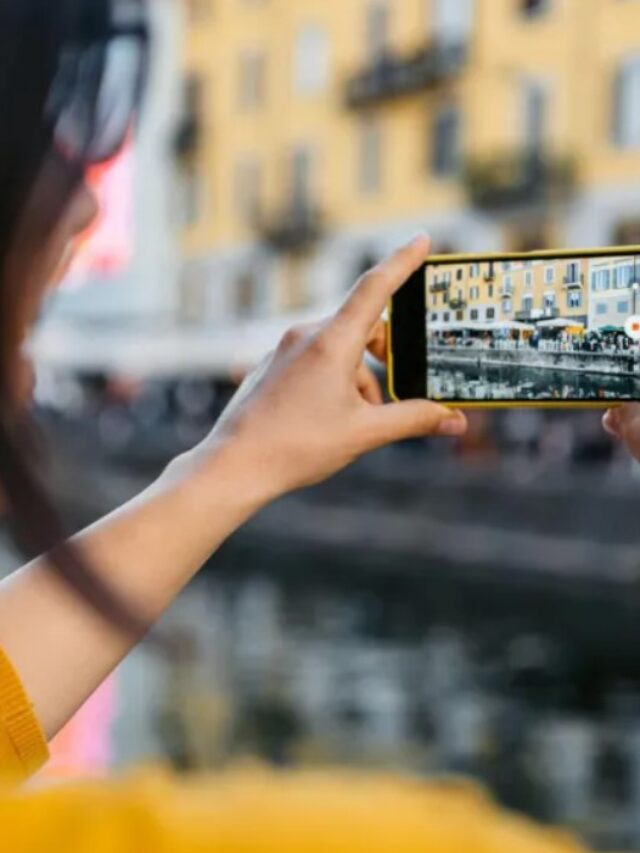The Implications For Google AI Video Search
By Michael vivar
Artificial Intelligence (AI) has been a looming prospect since The Mechanical Turk, where a person hiding in a metal automaton bested human opponents at chess.
In 1950, computer scientist Alan Turing formally defined true AI as a computer program interacting with a human and convincing the latter the computer program is also a human.
This was known as, “The Turing Test.” For decades, computer scientists have tried to crack the AI barrier.
The problem they had was practically storing a huge amount of data and the processing power to curate then communicate query responses.
In the past decade, programs like Craiyon and progressive iterations of ChatGPT have been producing unnervingly realistic, though sometimes hilarious, results.
Tech behemoth, Google, has just announced video search assisted by AI.
The core feature is that users would take a video on their phones and an algorithm could instantly give granular details about what’s
being captured.
This has exciting applications. It’s what the smart glasses market has been looking for to provide a real-time generative heads-up display.
The new feature is not without its skeptics. They point out the possibility that disinformation will be spread.
In May, Google’s AI-generated search results provided erratic, inaccurate answers, which included advising people to make cheese stick to pizza by using “non-toxic glue.”
Google searches inform people’s decision making. There is the chance of drastic negative consequences if AI assisted video searches cause them to quickly make a wrong choice based on what their phone tells them.

